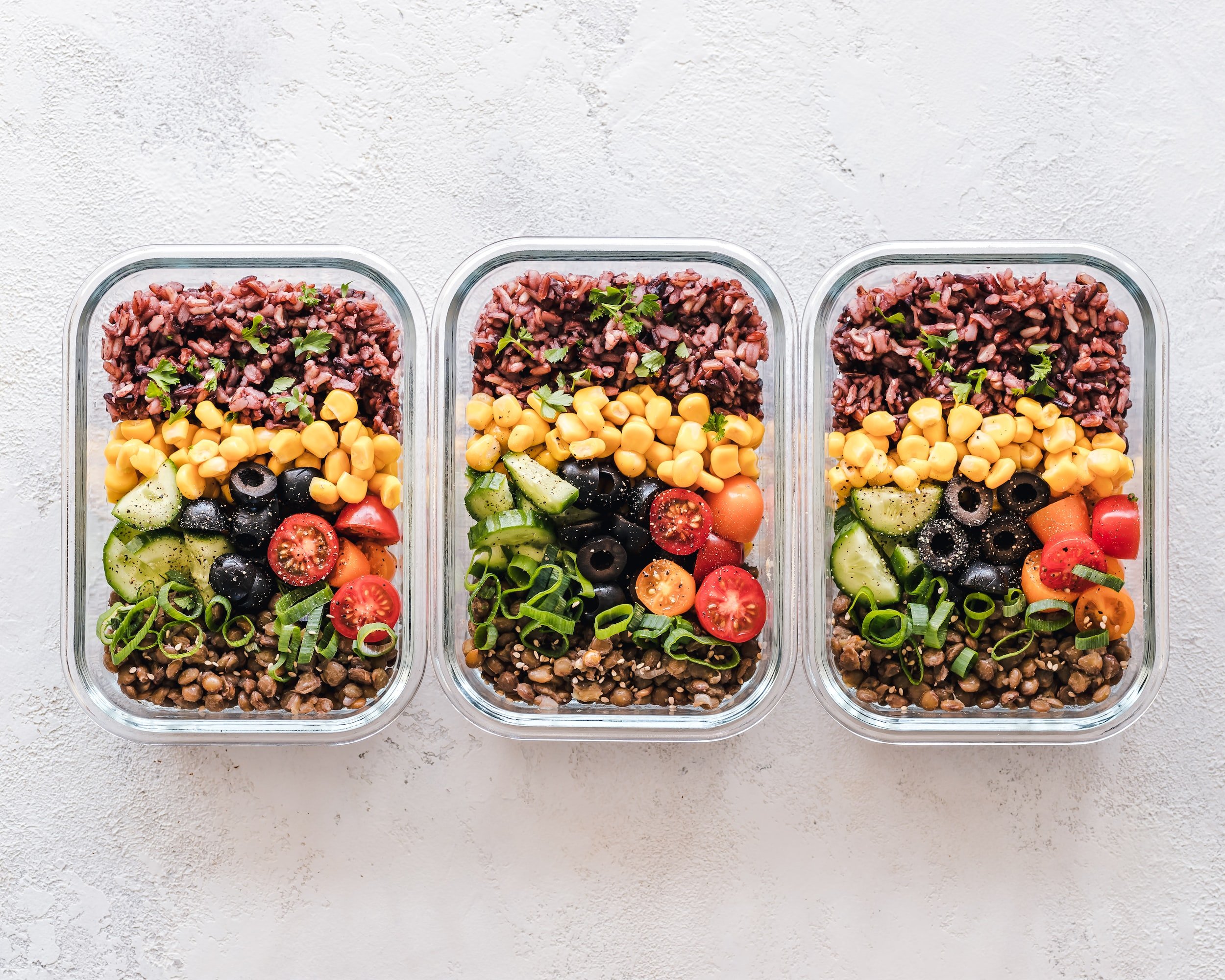10 tips for cooking more with less energy
The cost of living rise means even more of us are feeling the pinch, having to negotiate higher fuel and energy bills, and recent research revealed over 1 in 6 of us are worried about having enough food.
The kitchen is one of the most energy heavy rooms in the home, with fridges, freezers, ovens and more. This means it’s also a great place to start making savings and changes to bring those energy bills down. Plus, using less energy helps the environment too.
These are our top ten tips for cooking more with less energy:
1) Defrost frozen food in the fridge overnight
It reduces the cooking time or the need for a microwave to help defrost. Freezing food also reduces food waste and nearly all foods can be frozen.
2) Put the kettle on
It’s quick and efficient, but we often boil too much water. Save money and energy by boiling only what you need next time you have a cuppa.
3) When you’ve gotta go fast
Make the most out of your microwave, it’s one of the most efficient ways to heat up and cook food - it’s always quicker and it's usually smaller in size than your oven. Great for jacket potatoes, scrambled eggs, leftover meals and much more. It’s not just good for savoury food, keep it sweet with this microwave mug cake.
4) When you can take it slow
Slow cookers are among the kitchen’s most energy-efficient appliances, they use just a little more energy than a traditional light bulb, and are a great way to have a hot dinner ready when you walk in the door.
5) Batch bake
The oven is a big energy user, so it’s best to make the most of it when you turn it on. Make more than you need – put the extras in the fridge or freeze them to eat when you want. Check out these top tips for batch cooking.
6) Shut the door
Each time you open the oven door, the oven loses heat (sometimes as much as 25 degrees). Make sure you know how long it takes your oven to heat up so you're ready to start cooking when it’s ready.
7) Turn the oven off
Turn it off ten minutes before the food’s finished cooking. The oven temperature will remain the same so the food will still cook without the oven using more energy.
8) Pick the right pan
Use a pan that is the right size for the food you are cooking and the hob it’s going on.
9) Lids on, quids in
Whether boiling potatoes or pasta, putting a lid on, even at a jaunty angle so it doesn’t boil over will mean you can use less energy and cook food quicker.
10) Keep your hob clean chef
Any food that sticks to the hob rings will make them less efficient.
Hungry for more?
Click here and sign up to our newsletter for more delicious recipes and food tips!

